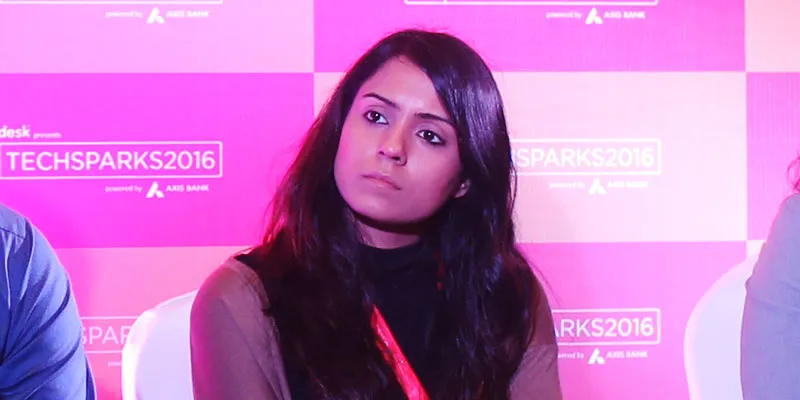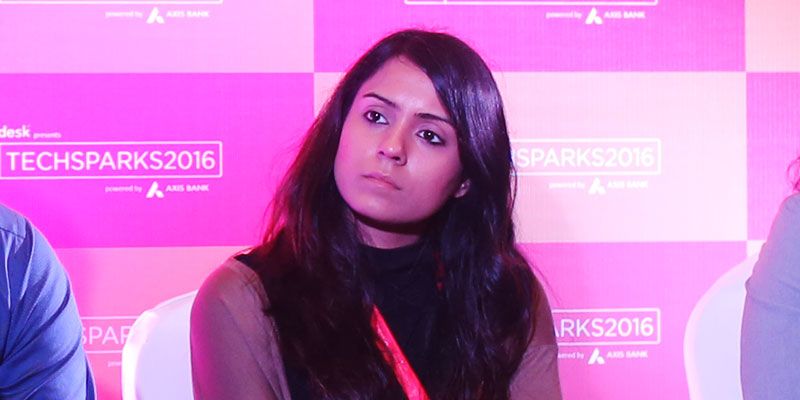The product mindset in the Indian business ecosystem
At the Seventh Edition of YourStory TechSparks, I had an interesting conversation with Harsha Kumar. Harsha joined Lightspeed India Partners early this year. She has solid operating experience focussing specifically on technology and product. An early employee of Ola Cabs, Harsha was AVP of Product and led a 40-member team that drove design and growth for core products – like Ola’s customer and driving facing apps and back-end infrastructure products and Ola’s B2B solution. Harsha was instrumental in taking Ola’s apps to the number one position on both Android and iOS and scaling Ola’s daily active user base of 6,000 to over half a million in a short span of eight months. During her time at Ola, the firm scaled from 3,000 cab bookings a day to one million cab bookings a day, and Harsha’s product team played a key role in driving this growth.

Harsha is passionate about all things tech and enjoys working aggressively to scale consumer products. Throughout her career, she has mostly worked with young, emerging startups. She started her career with Persistent Systems Limited in Pune, followed by Zynga and AdNear.
Q: Are Indian companies getting better at products?
Harsha: India is good in terms of product talent. There is no mystery behind product. A smart person with an experimentation mindset will be good at product. The intellectual horsepower that is required exists in India. An alumnus of an Indian institution has gone on to become the CEO of Microsoft, after all! We just haven’t had too many startups so far in the product space. It will take a while for the raw talent to evolve and to hone their skills and market themselves. Somebody from the Silicon Valley cannot come and teach us anything new. We do have the know how right here.
Q: Are we more service-oriented?
Harsha: Yes, in a way. The stage of economic development we are at today, we do need service- oriented companies, but these service-oriented companies also need to be empowered with technology and product. Hence we see less of Facebooks and more of Olas in India. We have more marketplace models because that’s where the gap lies. India doesn’t need to develop a Google glass right now. India needs better transportation, better logistics, better education, so we have to solve our core problems. So the smartest minds in the country are trying to solve our core problems and once that happens, the development of a Google Glass will automatically happen. We should not compare ourselves to other geographies because we do not need that kind of innovation. We have what we need right now.
Q: How do you get your team into a product mindset if they hail from a service background?
Harsha: Interestingly, I have never thought about it so much. But it is a fair question since somebody with the domain expertise can obviously be up and running faster. In all the interviews I ever took, all the people I have ever hired, it was always about intellectual ability and so my assessment was largely about brainstorming. Can I brainstorm with this person and throw around ideas? The good thing about consumer-focussed products are we are all consumers and so we can generate ideas very easily. Enterprise is a lot more complex, to be honest. It requires a lot more expertise in the domain than consumer products. So the transition from enterprise to consumer products is not that hard when compared to vice versa. So when I get a new team member without a product background, I start them off with smaller problems and invest more time in getting them to understand the domain. Basically, I try not to throw them in the deep end of the pool!
A big shoutout to all our sponsors - Zendesk, Axis Bank, Sequoia Capital India Advisors , Digital Ocean, Microsoft, AWS, Akamai, Target, Verisign, Kerala Startup Mission, Brand Launch Centre, Tork and Blink.











![[Exclusive] Vauld to seek 3-month moratorium extension as creditors panel explores bailout options](https://images.yourstory.com/cs/2/a09f22505c6411ea9c48a10bad99c62f/VauldStoryCover-01-1667408888809.jpg)